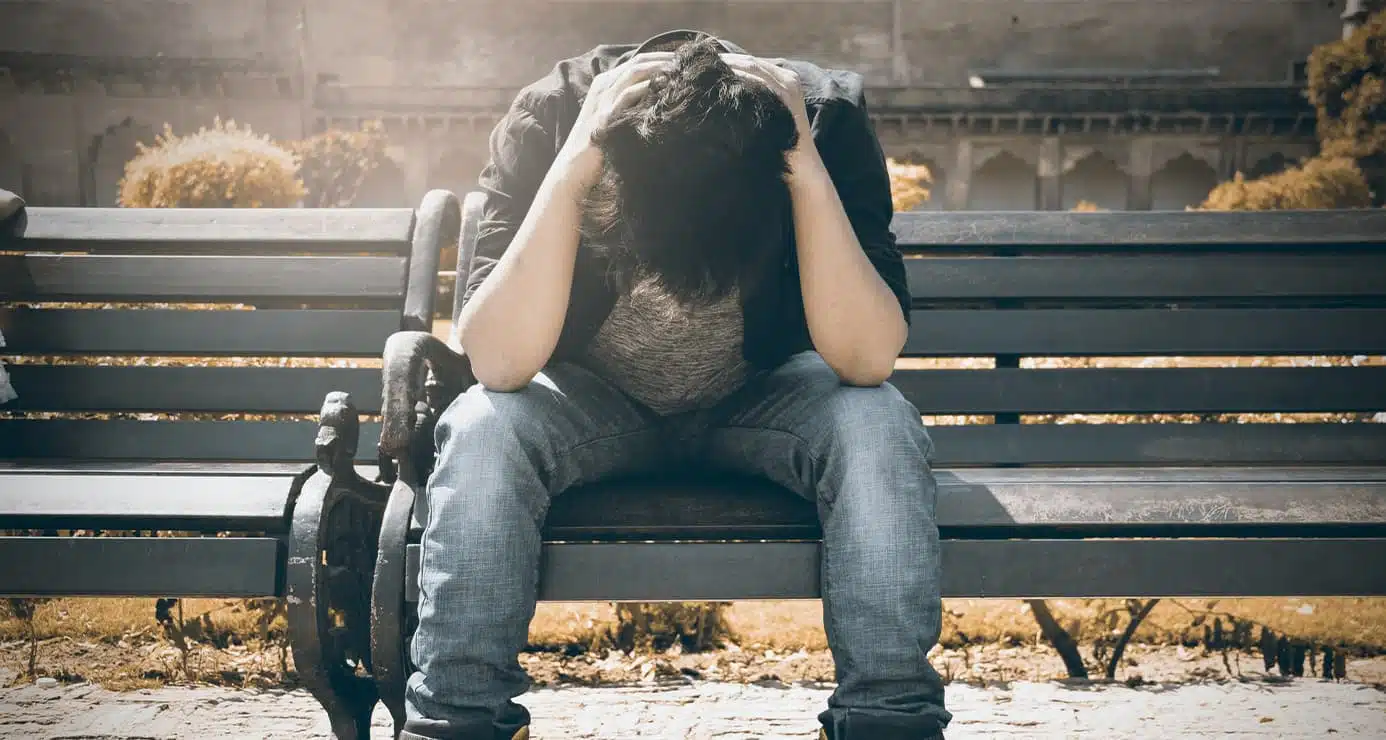Traumatic events can be emotionally damaging for teens for a long time after the initial event occurs. Even when teens witness trauma rather than experiencing it first-hand, it can cause severe and long-lasting psychological harm.
To begin the healing process, teens need to process the traumatic experience. However, this can be difficult for both teens and families. Some teens struggle to talk about what happened, and parents often struggle to help them cope with the trauma. That’s why therapy for trauma is so important.
Identifying Teen Trauma
Trauma typically involves an event or ongoing situation that exposes the victim to the threat of bodily harm. Some of the forms of trauma that teens might endure or be exposed to include the following:
- Physical abuse
- Sexual abuse
- Emotional abuse
- Neglect
- Accident or injury
- Serious or chronic illness
- Domestic violence
- Community violence
- Loss of a loved one
- Natural disaster
Being Aware of Trauma
Teens may avoid telling parents about a traumatic event due to shame, guilt, or fear of how their parent will react. And keeping the painful memories locked inside can cause further mental distress. Moreover, when parents are not aware of teen trauma and thus a teen doesn’t receive the necessary help, the effects can get worse.
When parents are able to maintain an open and honest relationship with their teen, it’s more likely that their child will speak with them about a traumatic event. Even when parent-child communication is strong, however, teens don’t always open up about a traumatic event. But if a teen is unable or unwilling to communicate about something they have witnessed or experienced, parents may be able to detect that they are suffering by observing changes in behavior, appetite, sleep, and more.
When teens are clearly struggling but don’t divulge their experiences of trauma, parents should handle the situation with great care. Forcing a conversation could result in further pain and repercussions for the teen. Parents may want to seek advice from a mental health professional as to how to proceed when there are extreme changes in teen behavior without a disclosure of trauma.
PTSD in Teens
Extreme, painful, and frightening events create a natural physiological reaction of self-preservation. This is characterized in the moment by heightened physical and emotional responses, ranging from a rapid heart rate to feelings of intense fear.
In some cases, the body may naturally work through these responses and return to normal function. However, sometimes the mind and body continue to react as if the event is repeatedly occurring, in response to triggers or sometimes with no detectable external triggers. This is when trauma can progress into Post-Traumatic Stress Disorder (PTSD).
Symptoms of PTSD in Teens
The symptoms of PTSD fall into four categories:
- Re-experiencing – including flashbacks, panic attacks, bad dreams, and frightening thoughts
- Avoidance – avoiding related places, events, or objects or suppressing thoughts or feelings related to the traumatic event
- Arousal and Reactivity – startling easily, feeling tense, sleep difficulties, and angry outbursts
- Cognition and Mood – difficulty remembering details related to the trauma, negative or distorted thoughts, less interest in enjoyable activities
Teens suffering from PTSD may experience all of these symptoms or just one or more from each category. When left undiagnosed and untreated, PTSD can feel like living through the trauma repeatedly. PTSD can cause teens to feel even more confused and frightened than they did during the traumatic event itself.
How Parent Response Impacts Teen Trauma
How a parent responds in the aftermath of trauma can directly affect a teen’s recovery and emotional resilience. When parents are warm and supportive with their teen following trauma, teens are less likely to develop PTSD symptoms. Alternatively, when parents react with overprotection or avoidance of the issue, there’s a higher likelihood that a teen will develop PTSD.
The way a parent responds to teen trauma is often based on their own emotional tendencies and psychological history. Therefore, parents may need to seek help to address their personal responses to their teen’s trauma. Because of the impact of parental responses on teen trauma, parents should prioritize their child’s emotional needs over their own.
Seeking Help for Teen Trauma and PTSD
A mental health professional must conduct a comprehensive assessment in order to make a diagnosis of PTSD and any co-occurring disorders. PTSD is often associated with depression, anxiety, and substance abuse.
Therapy produces the most significant results in PTSD treatment. Therapists utilize multiple modalities, or types of therapy, in the healing process. Each teen and their experiences are unique. Therefore, therapy will also be unique. The most common and useful modalities in the treatment of PTSD include the following:
- Trauma-Focused Cognitive Behavioral Therapy identifies the thought processes related to trauma and helps teens reframe their experiences.
- Dialectical Behavioral Therapy teaches specific skills that allow teens to become self-aware and to better manage stress and difficult emotions.
- Somatic (body-based) therapy and EMDR support teens to process and release trauma in order to bring the nervous system back into balance.
- Experiential therapies such as art therapy, music therapy, Adventure Therapy, and Equine-Assisted Therapy allow growth and transformation through hands-on, real-life experiences that build trust and self-confidence.
In conclusion, teen trauma can be devastating. But with evidence-based care and parental support, teens can heal and go on to experience full, thriving lives.
Sources:
BMJ Open. 2016; 6(11): e012944.
Addict Behav. 2010 Feb; 35(2): 91–94.
Psychiatry. 2015; 78(2): 170–185.
JAMA Psychiatry. 2020;77(2):172-179.
Photo by Inzmam Khan from Pexels






